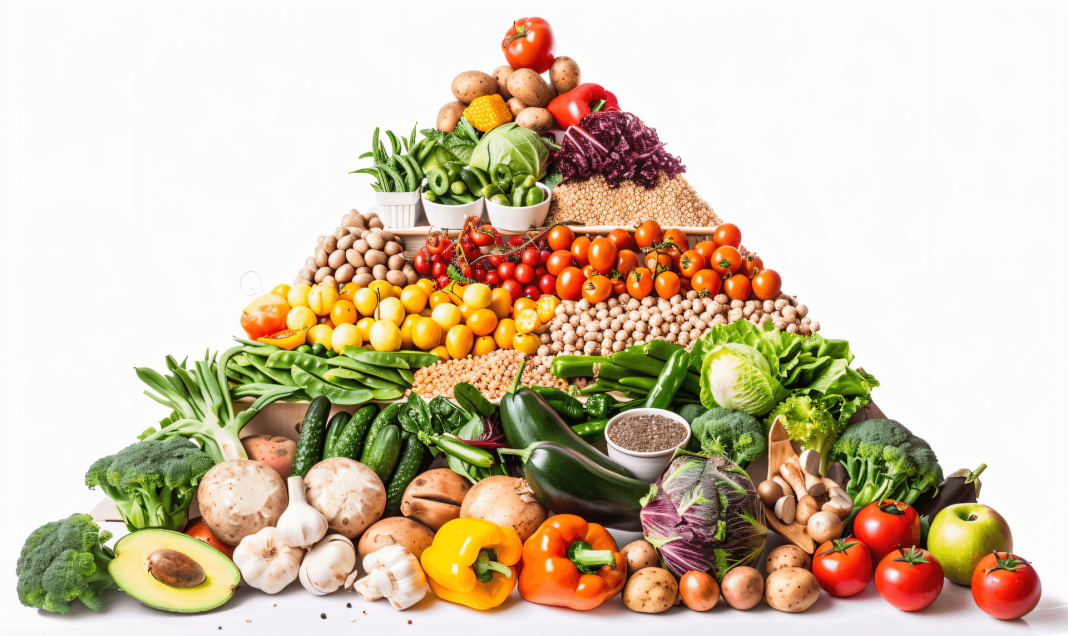This content is provided by the Pioneer Bird Blood Sugar Management Software! It helps you record blood sugar, blood pressure, and other health indicators, provides free tastings of sugar-free foods, and customizes diet and exercise plans to help you manage your blood sugar together.
As a doctor, I come into contact with many diabetes patients in my daily work, and they generally have a common problem: how to control blood sugar. Especially at night, many patients experience a rapid rise in blood sugar due to improper diet, which puts a great burden on the body. Today, I will share with you the 7 major taboos for diabetes patients in nighttime eating to help you better manage your blood sugar.
Taboo One: Overly rich night snacks
Many diabetes patients believe that as long as they control their daytime diet, it’s okay to indulge a little at night. In fact, this notion is completely wrong. Eating too much and too rich at night can cause blood sugar to rise rapidly in a short period of time, increase the burden on the pancreas, and affect blood sugar control.
Taboo Two: High-fat foods
Ingesting high-fat foods at night, such as fried foods, greasy meats, etc., can lead to elevated blood lipids, which in turn affects blood sugar metabolism. Additionally, high-fat foods can further burden the pancreas and trigger complications such as pancreatitis.
Taboo Three: High-sugar foods
Diabetes patients should avoid consuming high-sugar foods as much as possible, such as candies, sweetened beverages, pastries, etc. These foods can cause a sharp increase in blood sugar, worsening the condition.
Taboo Four: Alcohol consumption
Alcohol can disrupt the normal secretion of insulin, leading to fluctuations in blood sugar. Furthermore, alcohol consumption can further burden the liver and induce diseases like fatty liver. Diabetes patients should try to avoid alcohol consumption, especially at night.
Taboo Five: Staying up late
Staying up late can disrupt the biological clock, affecting the secretion and function of insulin. At the same time, staying up late can cause hunger pangs, leading to overeating and consequent blood sugar fluctuations.
Taboo Six: Excessive fatigue
Excessive fatigue puts the body in a stressed state, leading to elevated blood sugar. Diabetes patients should maintain a good routine at night to avoid excessive fatigue.
Taboo Seven: Ignoring post-meal exercise
Engaging in moderate exercise after a meal helps lower blood sugar. Diabetes patients should take a walk, jog, or engage in aerobic exercises after dinner to help stabilize blood sugar.
Here, I would like to remind all my diabetic friends that controlling blood sugar is not an overnight task but requires long-term commitment. In addition to following the above taboos, you can also use some auxiliary tools, such as a blood sugar management assistant. It can help diabetic friends monitor blood sugar levels in real-time, analyze the effects of diet and exercise on blood sugar, and create personalized blood sugar control plans.
Furthermore, to meet the dietary needs of diabetic friends, some e-commerce platforms in our country have launched a sugar-free food section, offering various sugar-free foods for free. These sugar-free foods can satisfy your taste buds while avoiding blood sugar fluctuations, making them an ideal choice for diabetic friends.
In conclusion, diabetes patients should pay attention to the above 7 major taboos in nighttime eating, properly balance their diet, maintain a good routine, engage in moderate exercise, in order to better control blood sugar and reduce the risk of complications. I hope this article will be helpful to all diabetic friends, wishing you stable blood sugar levels and good health!


